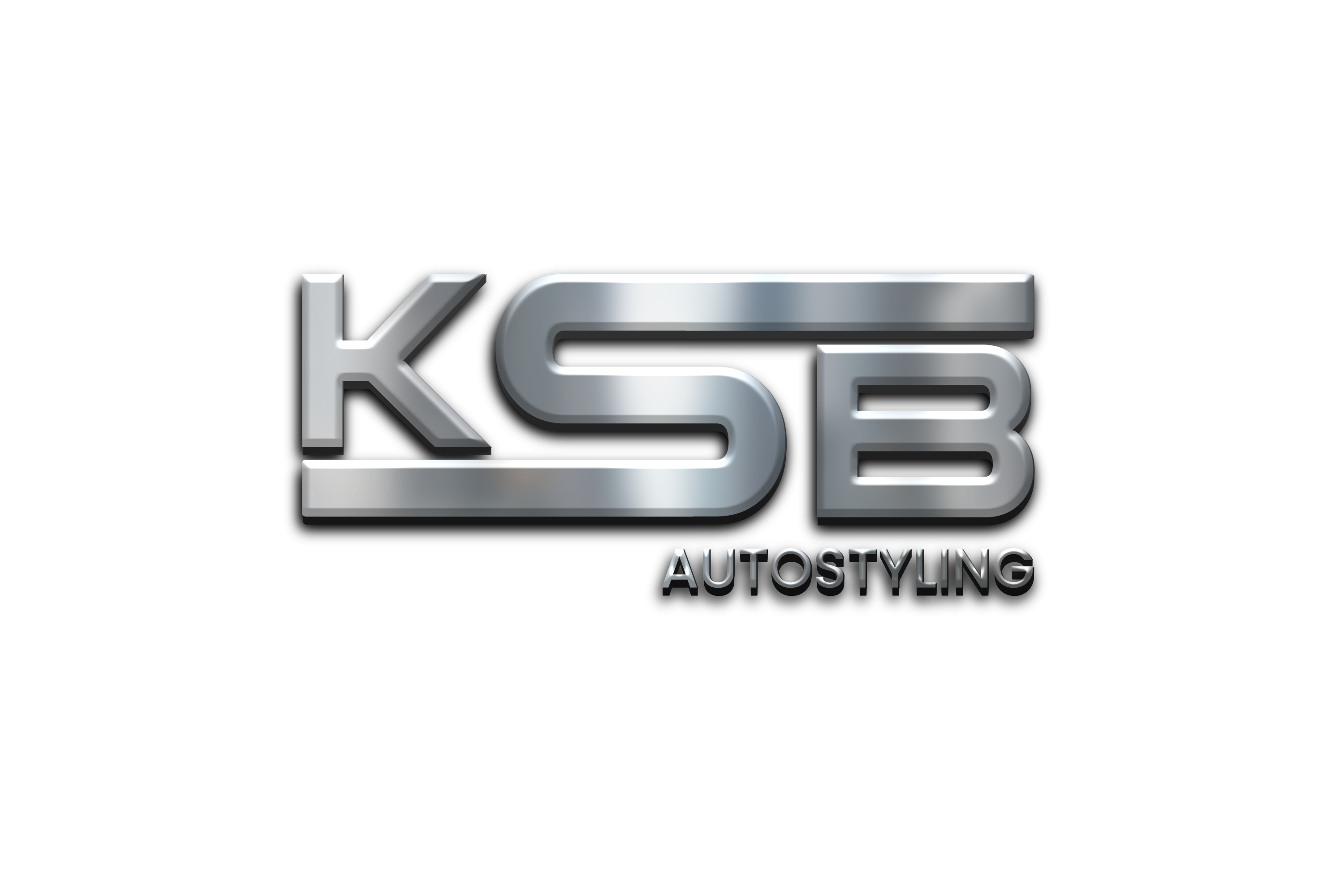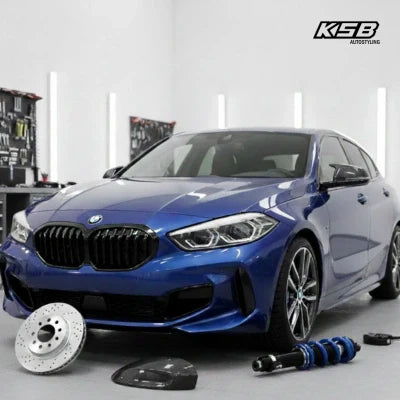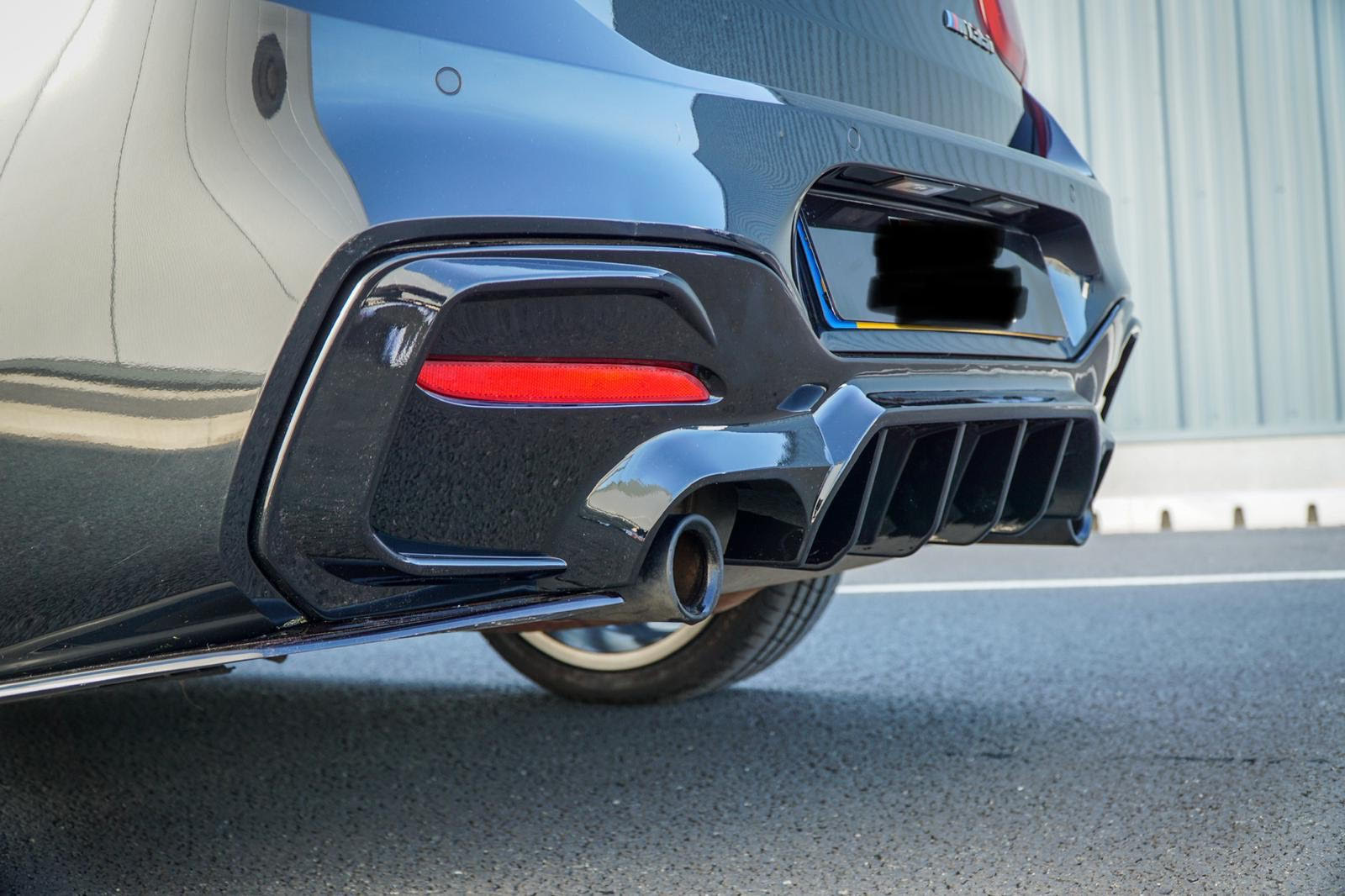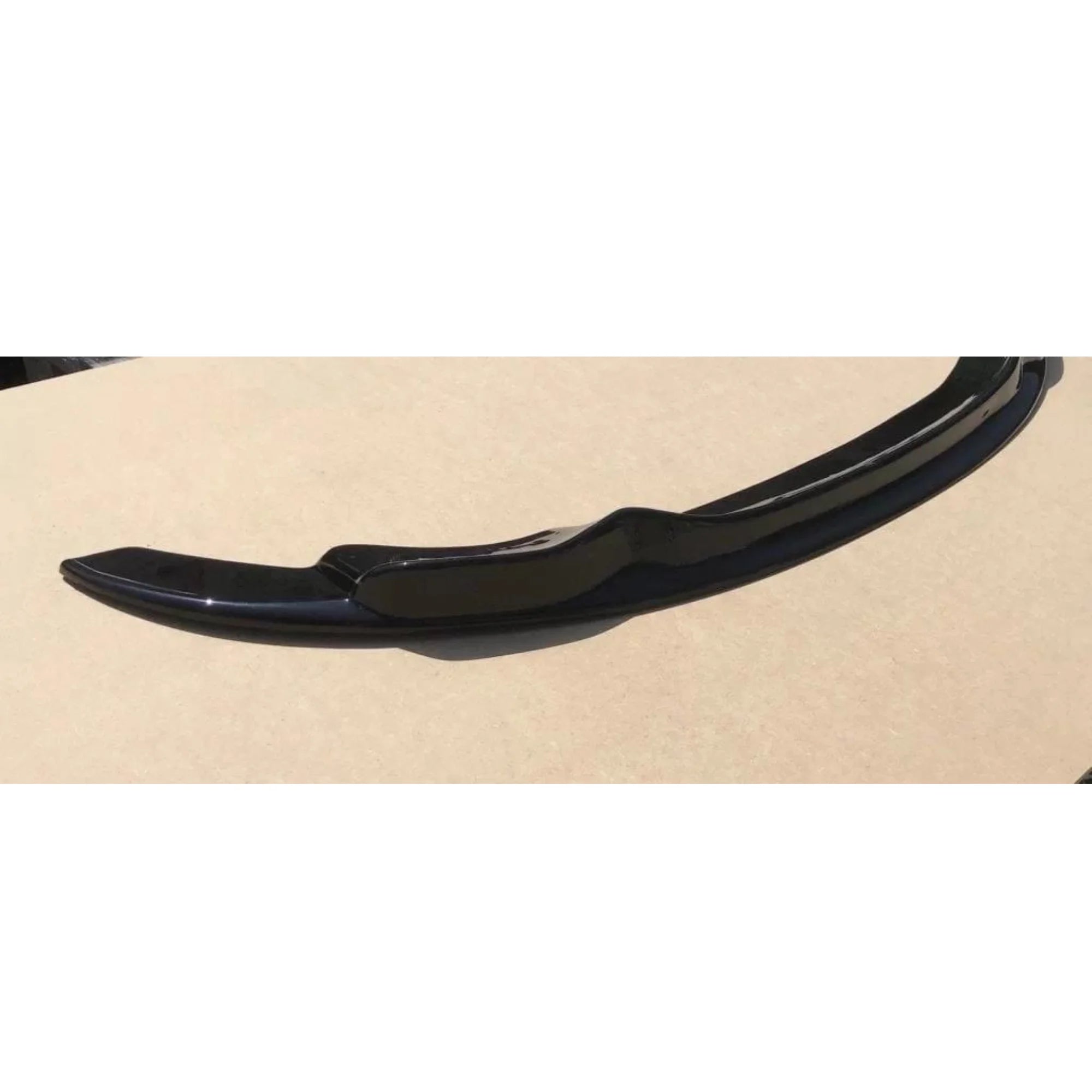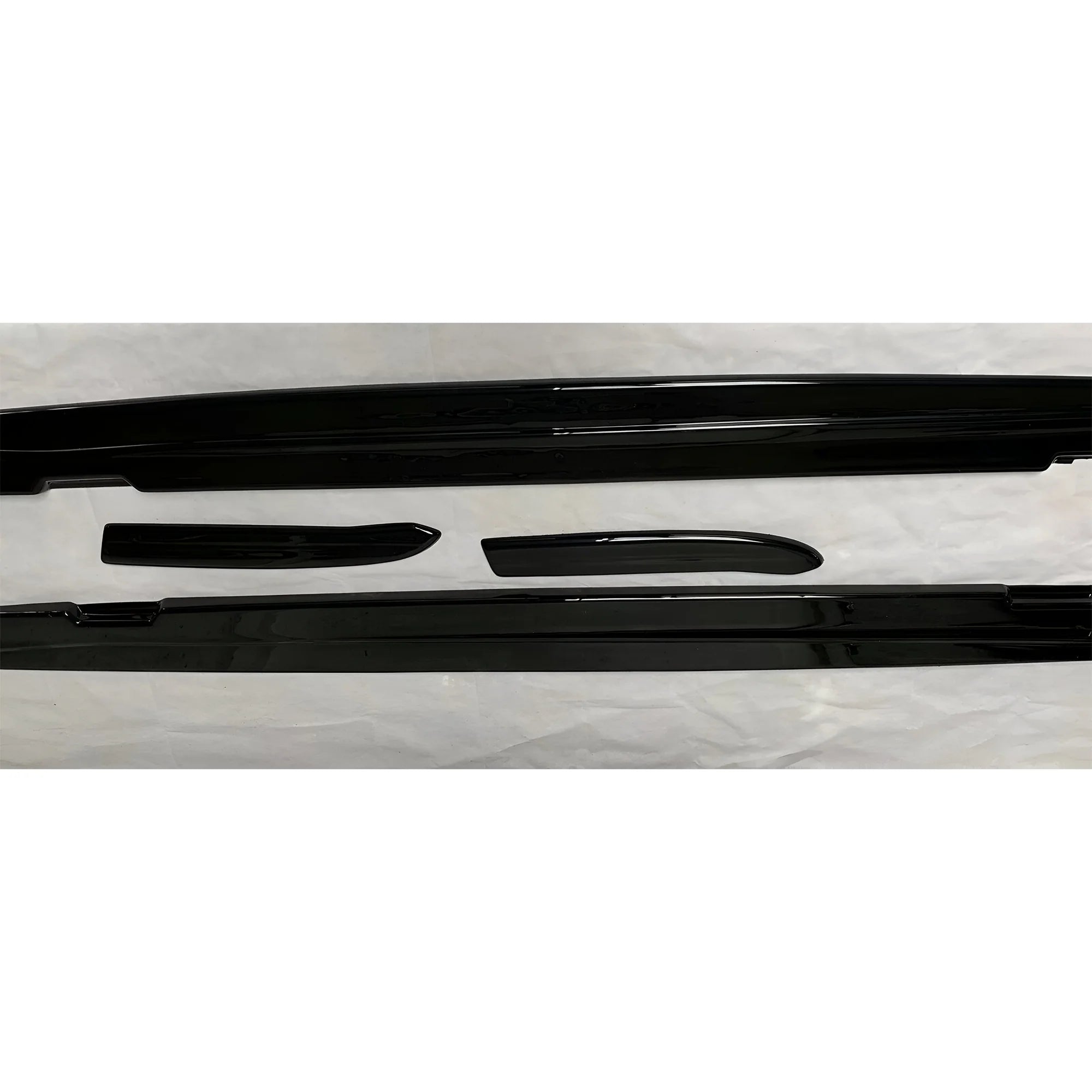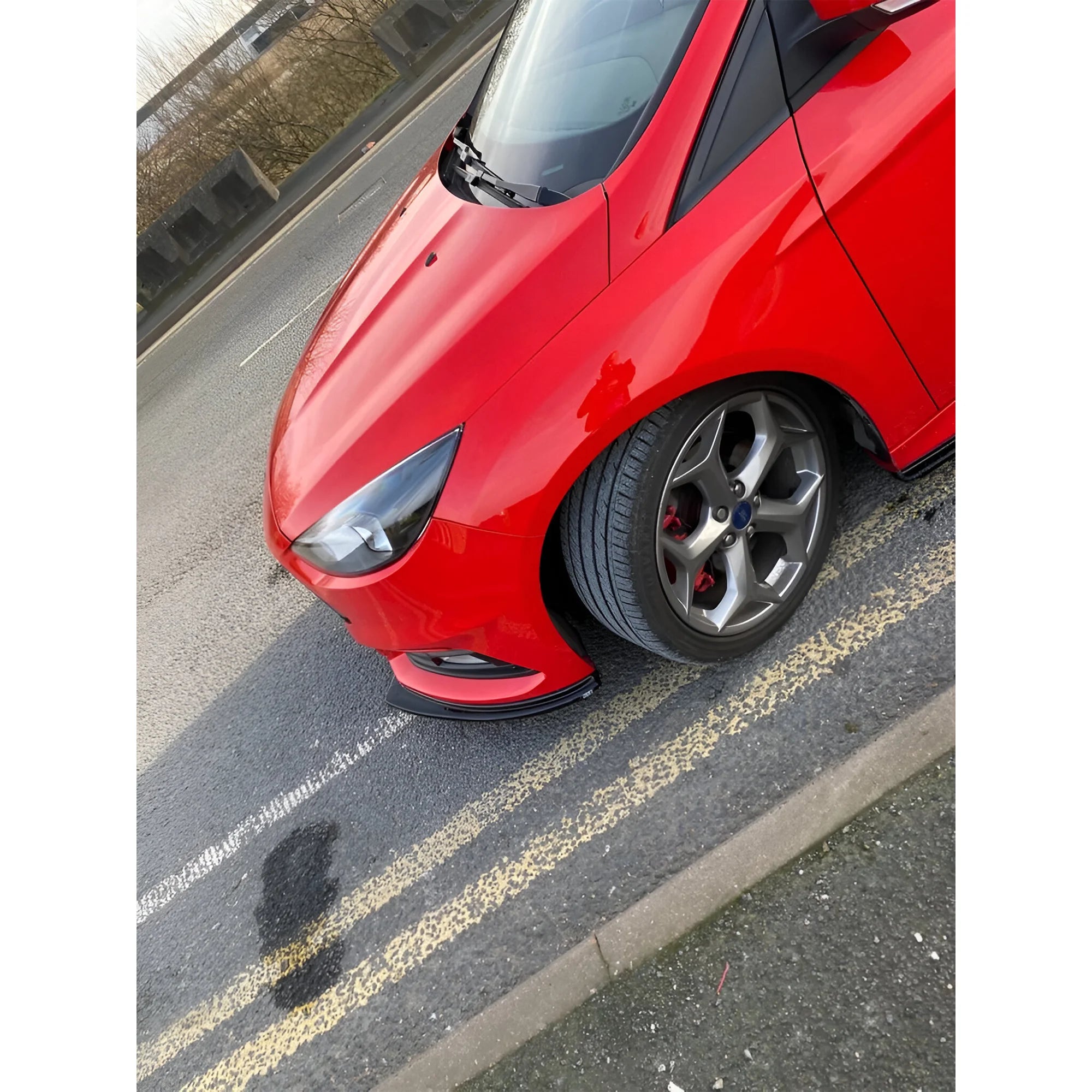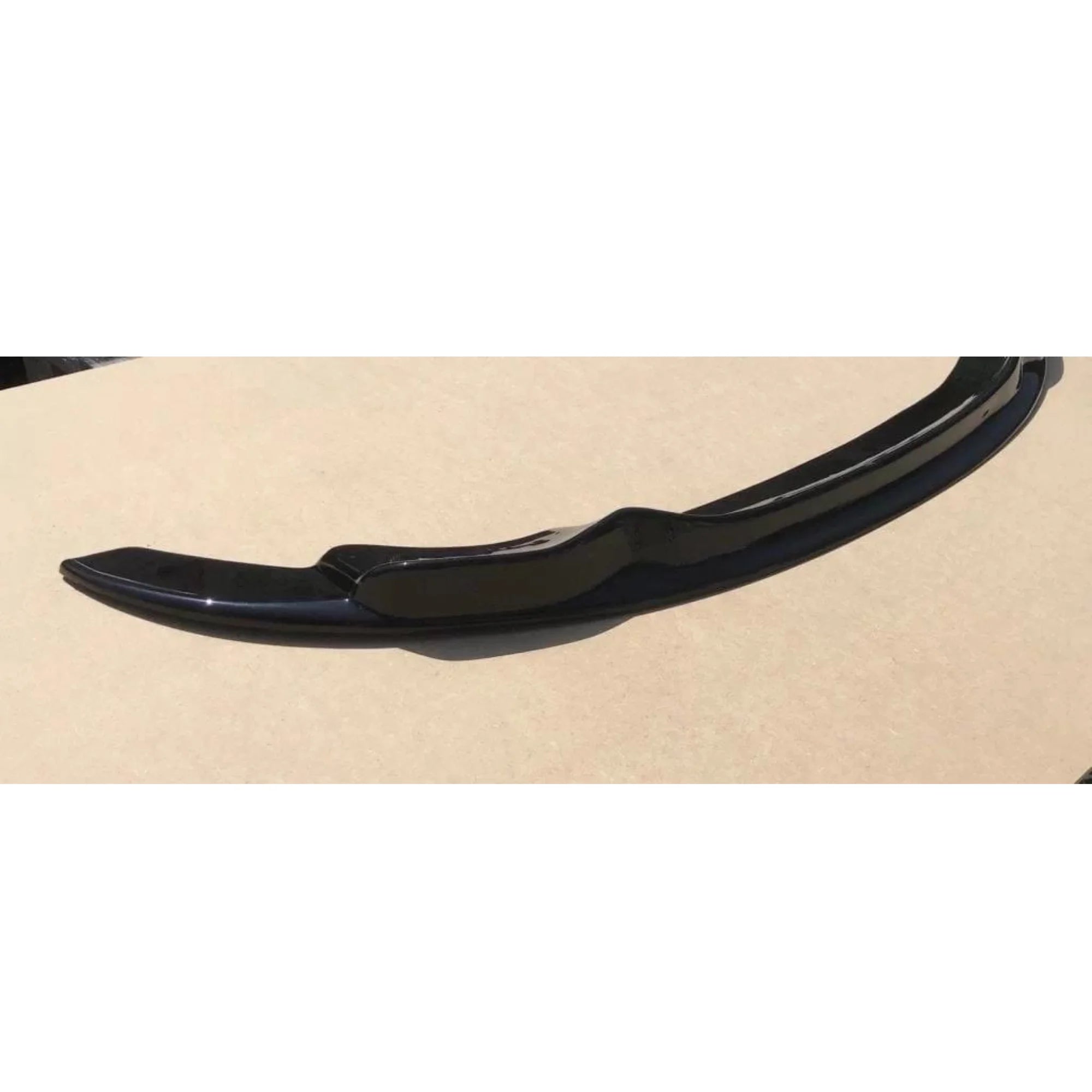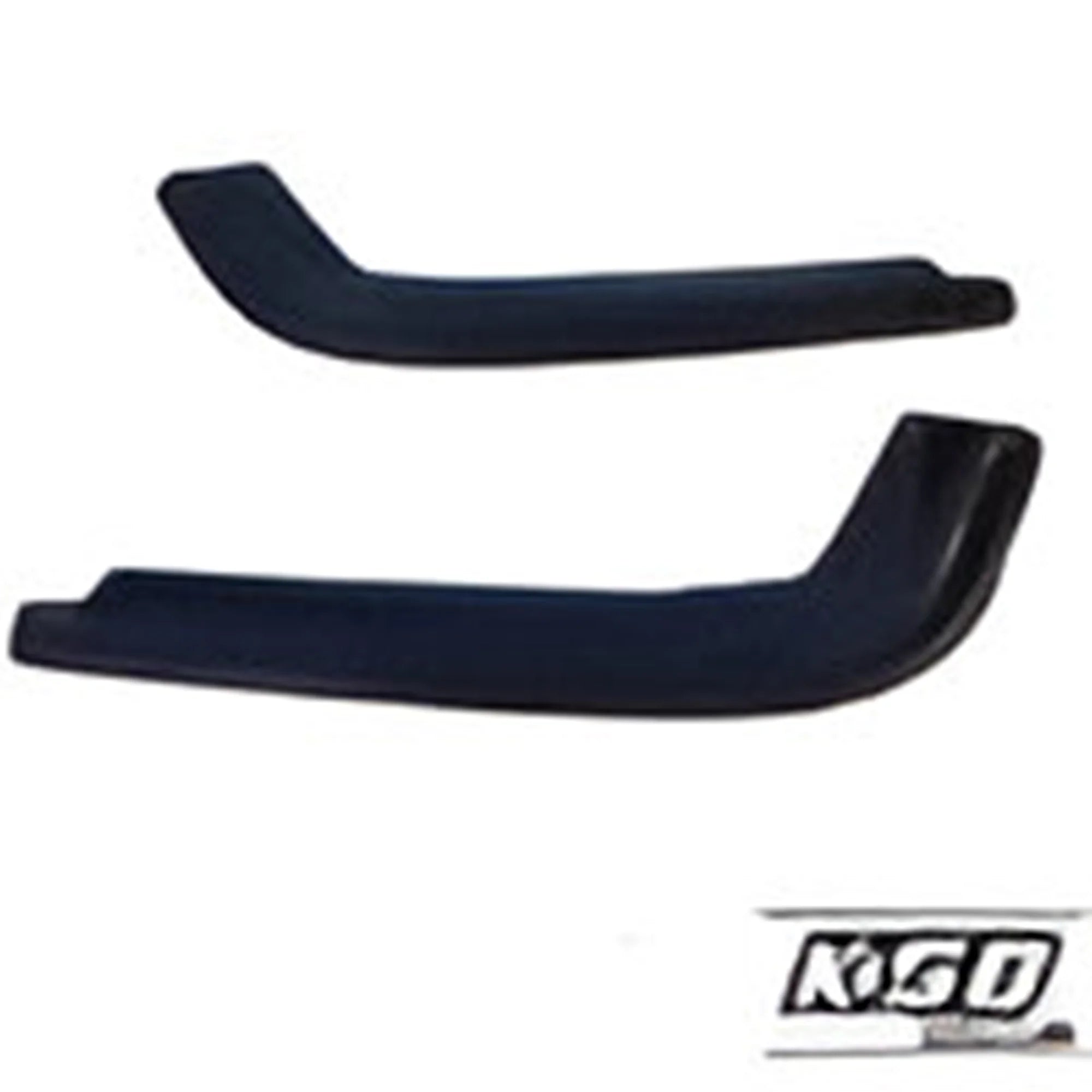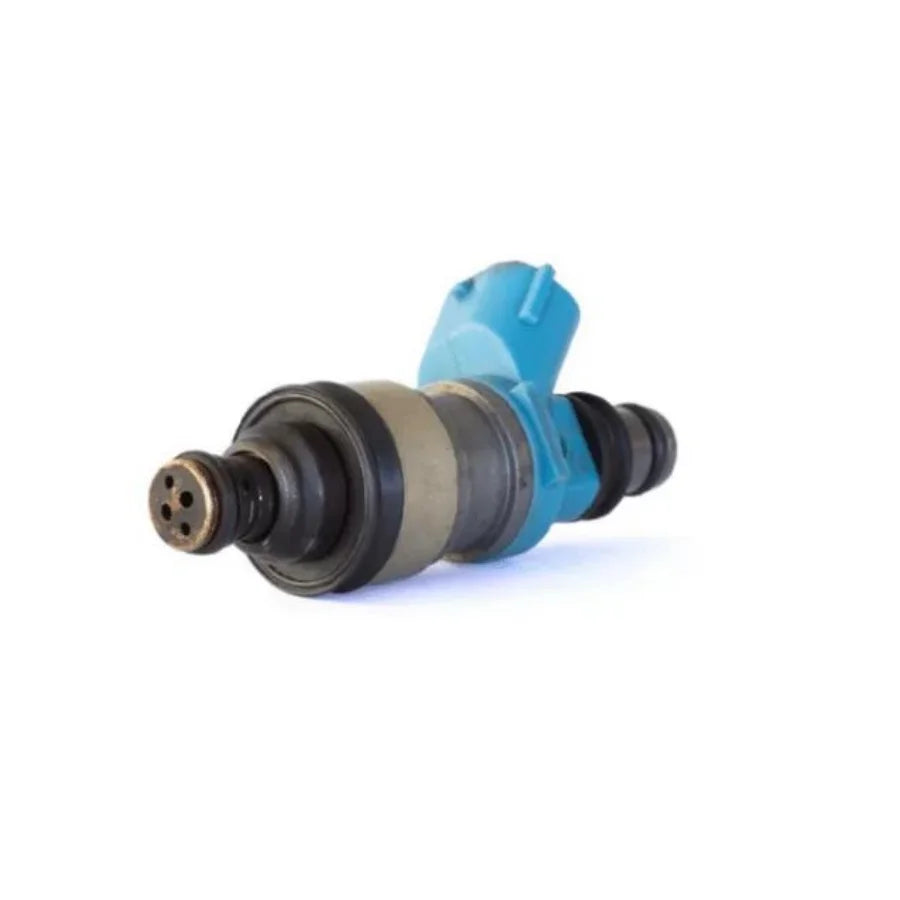
Can a Bad Fuel Injector Damage the Engine?

An essential component of your car’s engine, fuel injectors deliver fuel at exactly the right time to ensure clean and effective combustion. Fuel injectors can fail or clog up without routine maintenance, so it’s important to understand how to identify them and fix them.
In this blog post, you will learn about the basic things of car detailing and also you will know how a bad fuel injector can damage the engine. So, take a moment and read the following details.
Explore our Car Styling Accessories for high-quality enhancements.
An Overview – Fuel Injector
A fuel injector is a device that injects fuel into the combustion chamber of an internal combustion engine. It is a crucial component in the fuel delivery system and plays a critical role in ensuring the engine runs efficiently and reliably.
It atomizes the fuel, breaking it down into a fine mist, which is then mixed with air in the combustion chamber to create a combustible mixture. This mixture is then ignited by a spark plug, creating the energy that drives the engine.
Fuel injectors are controlled by the engine’s electronic control module, which regulates the amount of fuel that is delivered to the engine based on a variety of factors such as engine load, speed, temperature, and throttle position. The ECM also monitors the fuel injector to ensure it is working properly and to detect any faults or malfunctions.
Fuel injectors are commonly used in gasoline and diesel engines, and can vary in design depending on the engine type and application. Some common types of fuel injectors include port fuel injectors, direct fuel injectors, and throttle body injectors.
Causes of Fuel Injector Failure
Fuel injectors are complex mechanical components that are subject to a wide range of factors that can cause them to fail over time. Here are some common causes of fuel injector failure:
- Clogging.
- Wear and Tear.
- Electrical Issues.
- Fuel Quality.
- Overheating.
- Improper Installation.
Signs of Fuel Injector Problems
There are several signs of fuel injector problems that you can look out for:
● Engine Misfires: If one or more fuel injectors fail, it can cause the engine to misfire, which can result in a rough idle, hesitation, or loss of power.
● Poor Acceleration: A clogged or malfunctioning fuel injector can cause a decrease in engine power and acceleration, resulting in slower acceleration and overall poor performance.
● Rough Idling: If the fuel injector is clogged or not delivering fuel properly, it can cause the engine to run rough or stall at idle.
● Increased Fuel Consumption: A failing fuel injector can cause the engine to use more fuel than normal, which can result in reduced fuel efficiency and increased fuel costs.
● Check Engine Light: A faulty fuel injector can trigger the check engine light on the dashboard. This can be caused by a variety of issues, including a malfunctioning injector, clogging, or electrical problems.
● Fuel Odor: A fuel injector that is leaking can cause the engine to emit a strong fuel odor, which can indicate a serious problem that requires immediate attention.
If you notice any of these signs, it is important to have your vehicle inspected by a qualified mechanic to identify the cause of the problem and prevent further damage.
Can A Bad Fuel Injector Damage The Engine?
Yes, a bad fuel injector can potentially cause damage to the engine. The engine relies on fuel injectors to deliver fuel to the combustion chamber at the correct time and in the correct amount. If a fuel injector is not functioning properly, it can cause several issues that can lead to engine damage.
Additionally, fuel injectors play an important role in engine lubrication. If a fuel injector fails or is clogged, it can cause a reduction in fuel delivery, resulting in poor lubrication that can cause damage to engine bearings, pistons, or cylinder walls.
In some cases, a faulty fuel injector can also cause the engine to overheat, which can lead to further engine damage. Therefore, it is important to address any fuel injector problems promptly to prevent potential damage to the engine.
Effective Solutions for Faulty Fuel Injectors
Rislone Fuel System Treatment: A Proven Solution
Rislone Fuel System Treatment offers a reliable solution for cleaning and restoring fuel injectors to optimal performance. Designed for both gasoline and diesel engines, this treatment effectively removes carbon buildup and gunk, allowing fuel injectors to spray fuel as intended.
Recommended Treatment Schedule
For optimal results, we recommend using Rislone Fuel System Treatment every 3,000 to 5,000 miles, depending on your driving conditions. If you frequently drive short distances, in cold weather, or in stop-and-go traffic, consider using the treatment every 3,000 miles to maintain peak performance.
The Bottom Line!
If you don’t check it, a damaged fuel injector can seriously harm the engine. Take your car to a professional like KSB Auto Styling for analysis and repair if you notice that your fuel injector may be damaged.
It might be risky to drive with a damaged fuel injector since it could cause your car to stall out or catch fire quickly. Hence, if you notice a fuel injector problem, it’s important to get your vehicle serviced as soon as possible.
FAQs
-
What causes a fuel injector to fail?
Several factors can contribute to fuel injector failure, including dirt and debris buildup, poor fuel quality, and general wear and tear over time.
-
How can I prevent fuel injector issues?
Regular maintenance and using quality fuel can help prevent fuel injector problems. Additionally, using a fuel system cleaner like Rislone can help maintain optimal injector performance.
-
Is it safe to drive with a faulty fuel injector?
Driving with a faulty fuel injector is risky and can lead to decreased performance, increased fuel consumption, and potential safety hazards. It’s crucial to address the issue promptly to avoid further damage.
